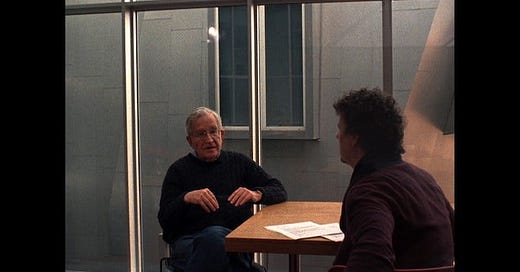Interview: Michel Gondry On How Documentary Filmmaking Has Influenced His Narrative Work
Last week, I shared a short list of some of Michel Gondry’s favorite documentary films and filmmakers. There’s also a quote in that post in which he says he often favors docs to narrative films because they can be more entertaining and also keep him awake. But does he also favor making doc features to narratives? So far he’s made three of the latter, Da…
Keep reading with a 7-day free trial
Subscribe to Nonfics to keep reading this post and get 7 days of free access to the full post archives.



